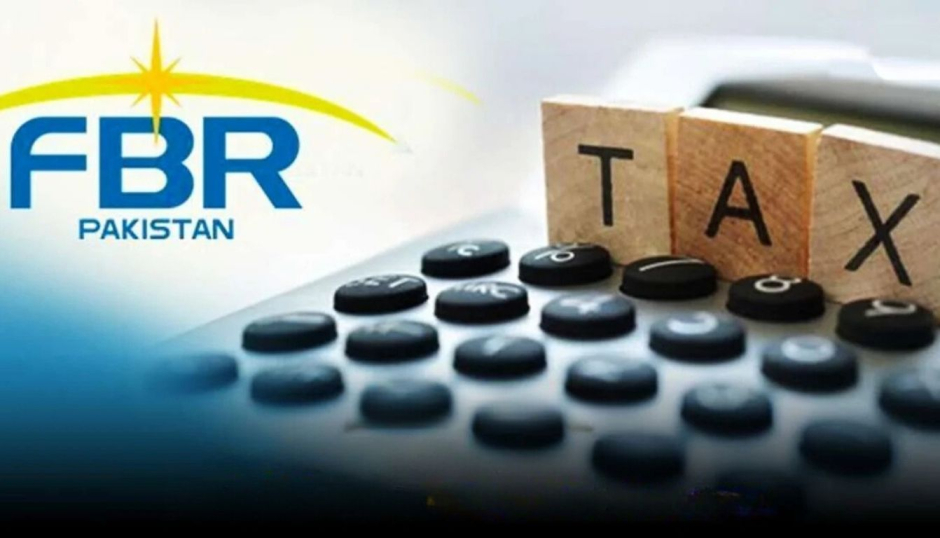The Federal Budget 2025–26 introduces major changes to empower the Federal Board of Revenue (FBR), granting it sweeping new authority over tax compliance, audits, and financial transparency.
Audit Powers Over Tax Professionals
Under the new budget, the FBR will have the legal power to inspect audit and chartered accountancy firms involved in preparing income tax returns—if discrepancies are suspected in a taxpayer’s filings. These inspections are aimed at increasing accountability and curbing manipulation in tax documentation.
Scrutiny on Asset Purchases
Buyers of vehicles or immovable property must now justify that the asset’s value does not exceed 130% of their declared income from the previous tax year. This condition applies whether the purchase is made in the name of the buyer, their spouse, or a dependent child. Formal applications to the FBR are required for such verification.
READ MORE:
Rizwan’s T20I Future in Doubt as Pakistan Eyes Transition
Bank Data Access and Account Closures
A critical change permits the FBR to share taxpayer data with commercial banks, compelling banks to match deposits and investments with declared income. Any inconsistencies must be reported to the FBR for enforcement. Furthermore, the FBR will now be allowed to shut down unregistered bank accounts, building on its previous authority, which was limited to freezing accounts for recovery.
Expanded Legal Authority and Enforcement
Amendments to Section 58C of the Income Tax Ordinance will permit the FBR to directly access the offices of tax advisers and audit firms in the event of suspected wrongdoing. Additionally, the definition of sales tax fraud will now include any individual aiding or abetting fraudulent activity, making them subject to legal prosecution.
Enhanced Goods Tracking
The FBR is also intensifying monitoring over the movement of goods, especially in the sugar sector, through an upgraded tracking and enforcement system to prevent tax evasion and under-invoicing.
These reforms mark a significant tightening of tax regulation in Pakistan, signaling the government’s intent to enhance revenue collection and crack down on financial irregularities.



